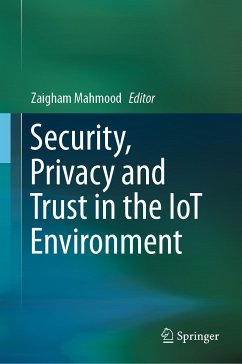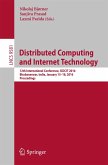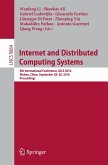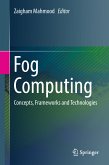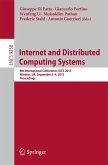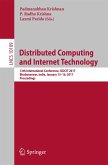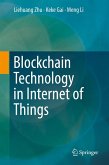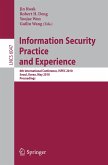The Internet of Things (IoT) is a network of devices and smart things that provides a pervasive environment in which people can interact with both the cyber and physical worlds. As the number and variety of connected objects continue to grow and the devices themselves become smarter, users' expectations in terms of adaptive and self-governing digital environments are also on the rise. Although, this connectivity and the resultant smarter living is highly attractive to general public and profitable for the industry, there are also inherent concerns. The most challenging of these refer to the privacy and security of data, user trust of the digital systems, and relevant authentication mechanisms. These aspects call for novel network architectures and middleware platforms based on new communication technologies; as well as the adoption of novel context-aware management approaches and more efficient tools and devices.
In this context, this book explores central issues of privacy, security and trust with regard to the IoT environments, as well as technical solutions to help address them. The main topics covered include:
.Basic concepts, principles and related technologies
.Security/privacy of data, and trust issues
.Mechanisms for security, privacy, trust and authentication
.Success indicators, performance metrics and future directions.
This reference text is aimed at supporting a number of potential audiences, including
.Network Specialists, Hardware Engineers and Security Experts
.Students, Researchers, Academics and Practitioners.
Dieser Download kann aus rechtlichen Gründen nur mit Rechnungsadresse in A, B, BG, CY, CZ, D, DK, EW, E, FIN, F, GR, HR, H, IRL, I, LT, L, LR, M, NL, PL, P, R, S, SLO, SK ausgeliefert werden.

